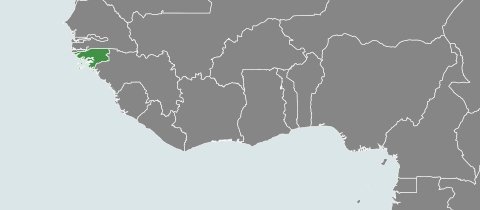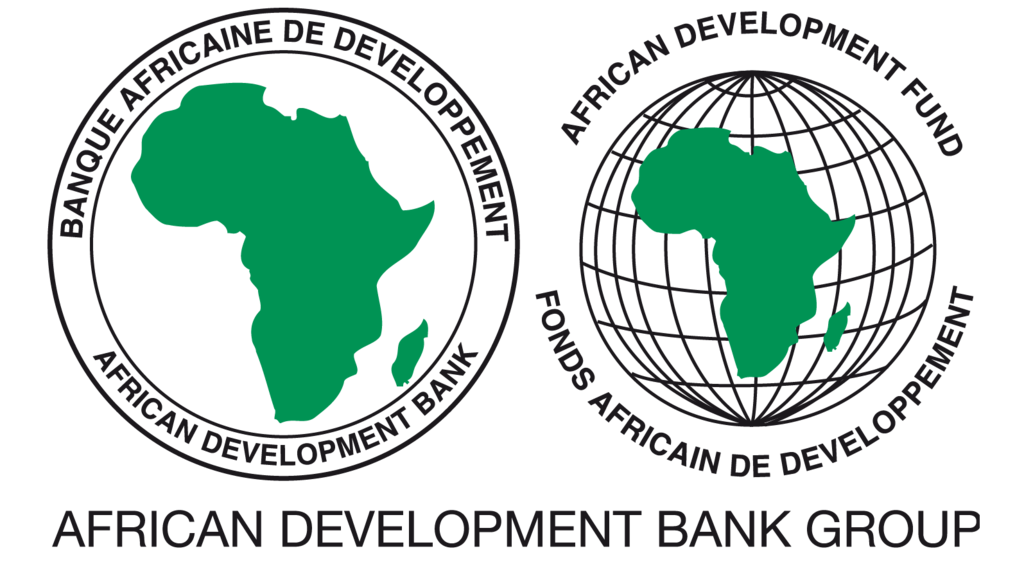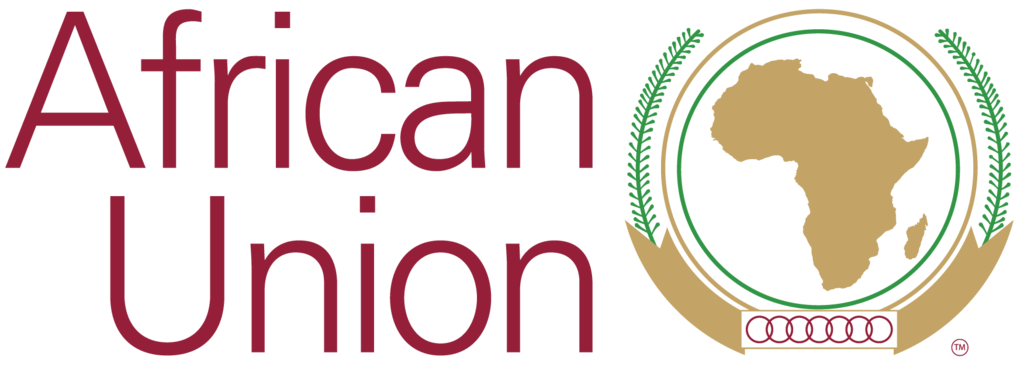At a glance
Guinea Bissau is developing a SEforALL Action agenda to set its 2030 energy policy objectives and strategies to increase energy access, renewable energies and energy efficiency in the country.
According to national sources consulted during the SEforALL Action Agenda process, the 2012 national access figure is extremely low (around 12% for electricity and 7% for non-solid fuels for cooking), the World Development Indicators data (presented below in the statistics section for consistency with the other countries) estimates much higher figures for electricity access. In both cases, access to clean cooking solutions is extremely limited, as is the contribution of renewable energy sources penetration (around 2%). The reliability of the electricity network is also problematic in the country, affecting customers and businesses.
The Guinea Bissau objective is to decisively transform the energy sector in the decade 2015-2025, with strong investment in improving energy access both on grid and off grid, exploit available renewable energies and improving efficiency and reliability.
The objectives being fixed in the context of the development of the SEforALL Action Agenda include reaching, by 2030:
- 80% of access to electricity
- 50% of renewable energies in the national grid (and 80% in isolated systems)
- 75% of access to clean cooking solutions
- Increase in energy efficiency
Guinea-Bissau is a member of ECOWAS and is developing its approach to SEforALL through a regional coordination effort led by the ECREEE.
Location

Country contacts
Ms. Biabe Siga
Secretaria de estado da Energia/Direcção Geral de Energia
| SEforALL Action Agenda Objectives | 2030 |
|---|---|
| Electricity Access, national | 80% |
| Access to clean cooking, national | 75% |
| Renewable Energy Output | 50% |
| Renewable Energy Consumption | n.a. |
| Energy Efficiency | n.a. |
| Country Action Documents | Status |
|---|---|
| Rapid Assessment | Finalized |
| Action Agenda | Finalized |
| Investment Prospectus | Finalized |
Documents
- Guinea-Bissau: Rapid Assessment Gap Analysis (289 kB)
- Guinea Bissau Plano de Ação Nacional para a Eficiência Energética (1.72 MB)
- Guniea Bissau Plano de Ação Nacional no Sector das Energias Renováveis (1.53 MB)
- Guine-Bissau: Agenda de Acao (1.51 MB)
- Guinea Bissau: Investment Prospectus (3.19 MB)
Country statistics
| Series | 2010 | 2012 | 2014 | 2016 |
|---|---|---|---|---|
| Access to electricity (% of population) | 6% | 12.1% | 17.2% | 14.7% |
| Urban (% of urban population) | 11.8% | 27.9% | 33.1% | 29.8% |
| Rural (% of rural population) | 3.5% | 3.9% | 4% | - |
| Access to clean fuels and technologies for cooking (% of population) | 2.2% | 1.4% | 1.5% | 1.5% |
| Population, total | 1.6 Million | 1.7 Million | 1.7 Million | 1.8 Million |
| Renewable energy consumption (% of total final energy consumption) | 87.8% | 87.6% | 87.1% | - |
| Renewable electricity output (% of total electricity output) | - | - | - | - |
| Electric power consumption (kWh per capita) | - | - | - | - |





